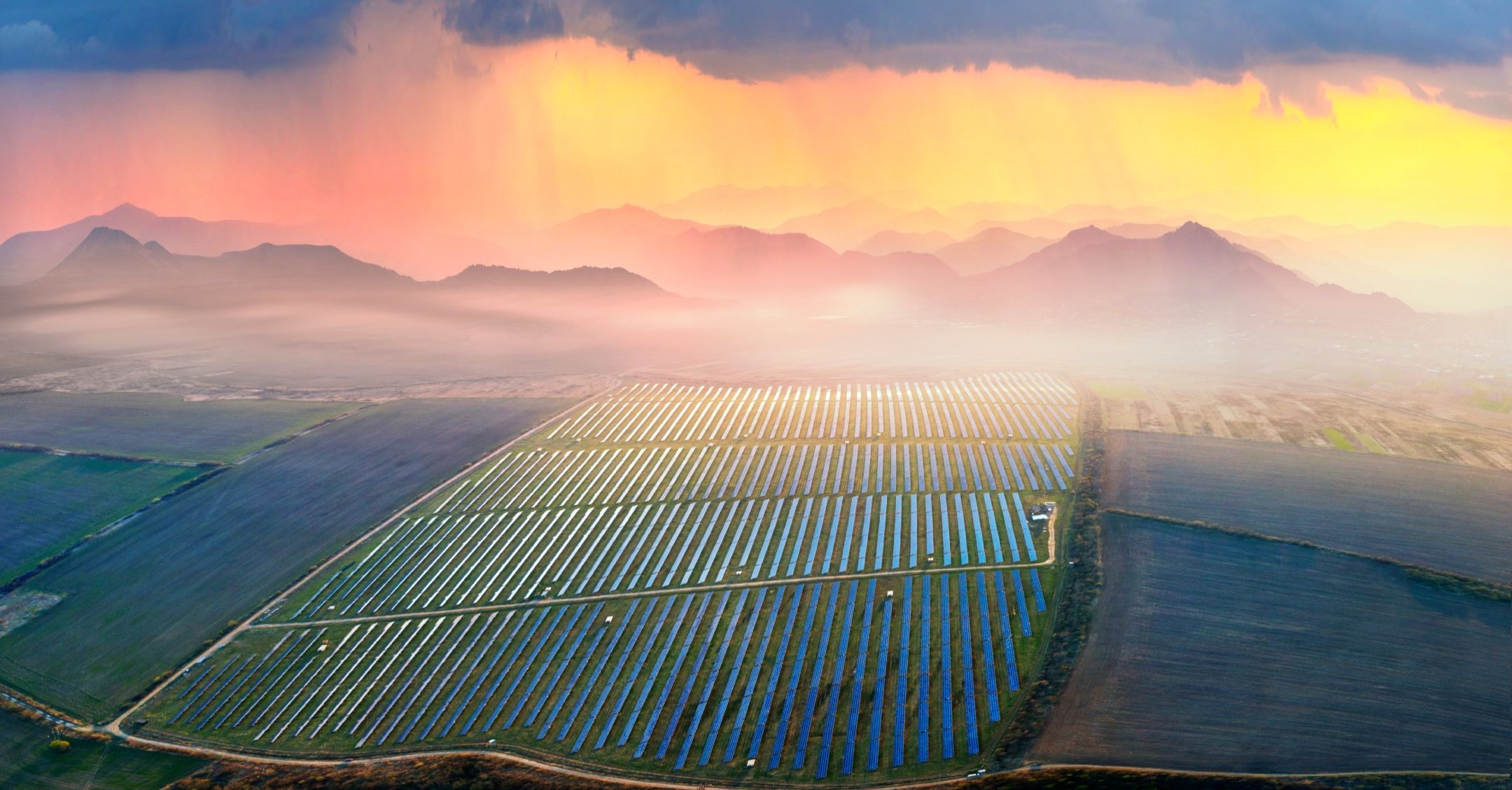The world’s major advanced and emerging economies must take the lead, according to the recommendations of the new report. G20 nations are projected to account for over 80% of global renewables by 2030, with the richest developed economies of the G7 expected to shoulder a leadership role by raising their share to around 20% of global capacity within this decade.
Major global economies must also deliver on climate finance, meeting the USD 300 billion annual floor of the new collective quantified goal (NCQG) and scaling up towards the aspirational USD 1.3 trillion confirmed at COP29 in Azerbaijan.
Beyond renewables, the report underlines the urgent need for investment in grids, supply chains, and clean-tech manufacturing for solar, wind, batteries and hydrogen.
While renewable energy investments grew by 7% in 2024, actual disbursements remain far below the levels required to build robust project pipelines and accelerate construction. As to supply chains, fair and transparent trade practices must be ensured for critical renewable energy technologies and international co-operation pursued to safeguard trade corridors for key materials and components.
Furthermore, strategic investment in modernising and expanding electricity grids is the essential foundation for integrating new capacity and strengthening energy security. Between now and 2030, an estimated USD 670 billion must be directed each year towards grids, with further investment required to rapidly scale up energy storage solutions, facilitate renewable integration and safeguard grid stability.
Source link
www.irena.org

